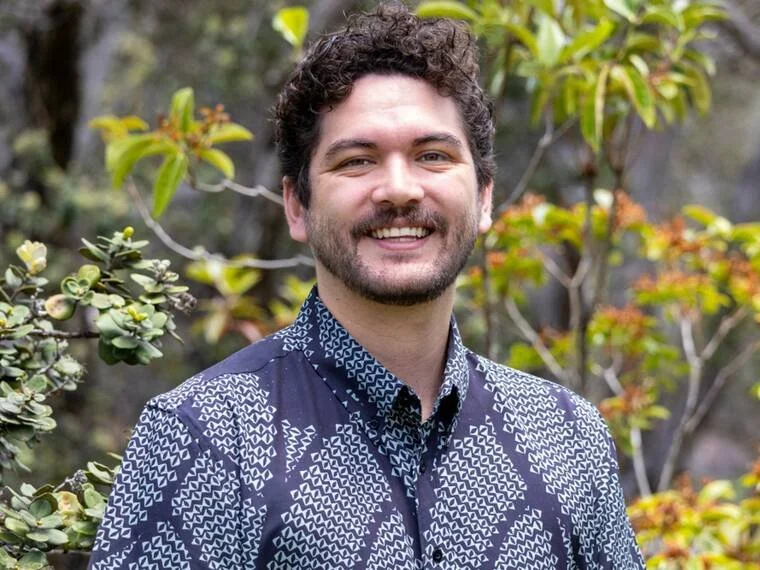Column: Green fee is step toward sustainability
By Kainan Miranda for Honolulu Star-Advertiser
There are rare moments in public policy when government takes a bold step that demands attention. Seven years ago, Hawaii did just that with Act 15, committing the state to full decarbonization by 2045. With the passage of Act 96 this year, Hawaii once again stepped forward — taking bold, values-driven action. As climate change accelerates and many governments struggle to respond, Hawaii acted decisively. Our lawmakers made a clear, principled decision to invest in the long-term care of our environment and communities.
Act 96 establishes the nation’s first green fee funded by visitors. It ensures that the millions who travel to our islands and enjoy our beaches, forests, and biodiversity contribute to their protection. This fee provides a sustainable funding resource for conservation, restoration and climate resilience, easing some of the responsibility local residents have eagerly shouldered to care for the lands and waters that sustain us.
This landmark legislation reflects years of hard work across the state, but it wouldn’t have happened without the leadership of our governor and legislators. Their persistence, openness to evolving ideas, and willingness to engage diverse voices shaped a policy that reflects Hawaii’s priorities and is built to last.
Click here to read the full story in the July 2 Honolulu Star-Advertiser.

